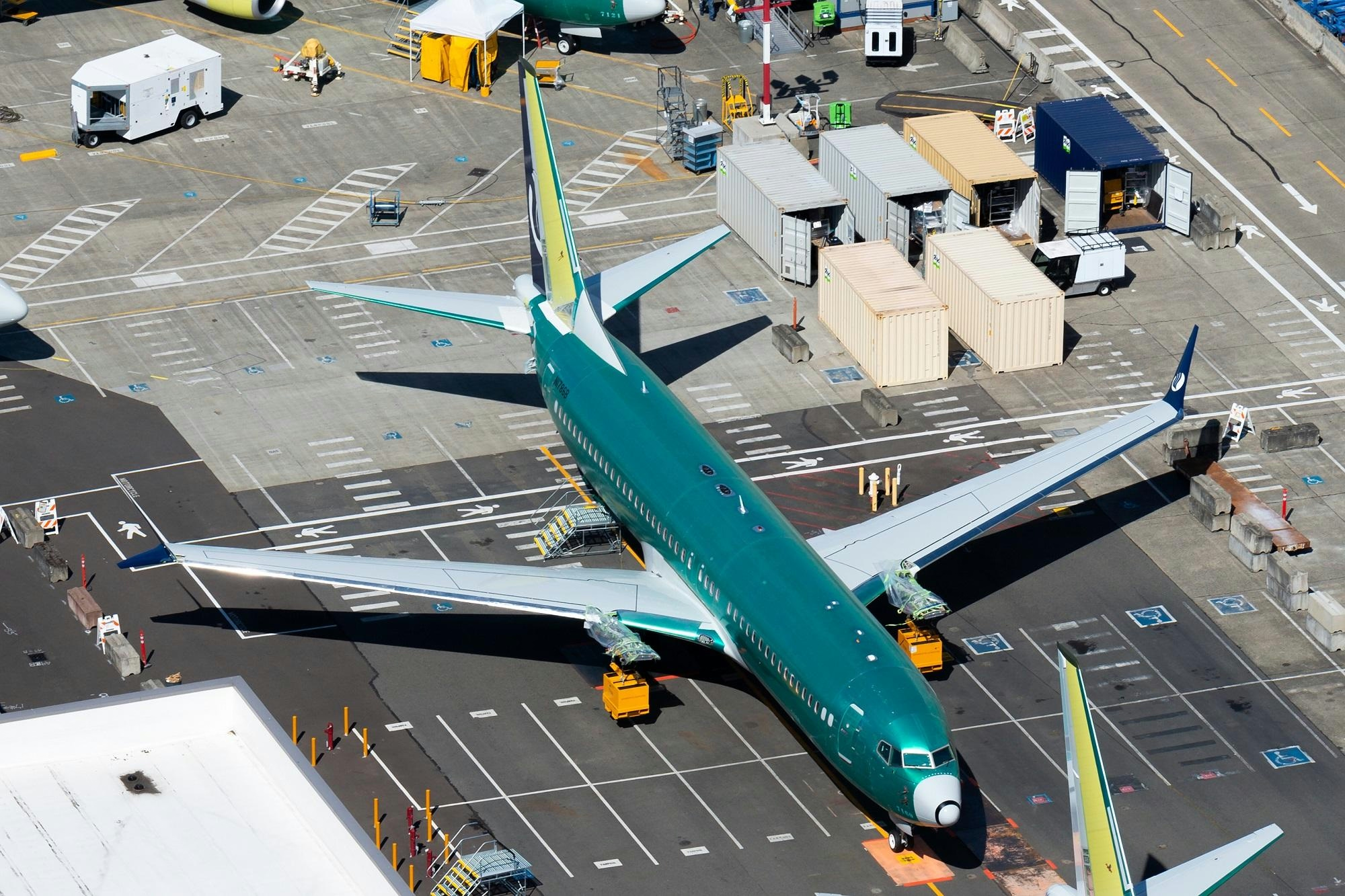
Smarter email, faster business.
Trending
Categories
Mexico City International Airport to Return Slots to U.S. Airlines
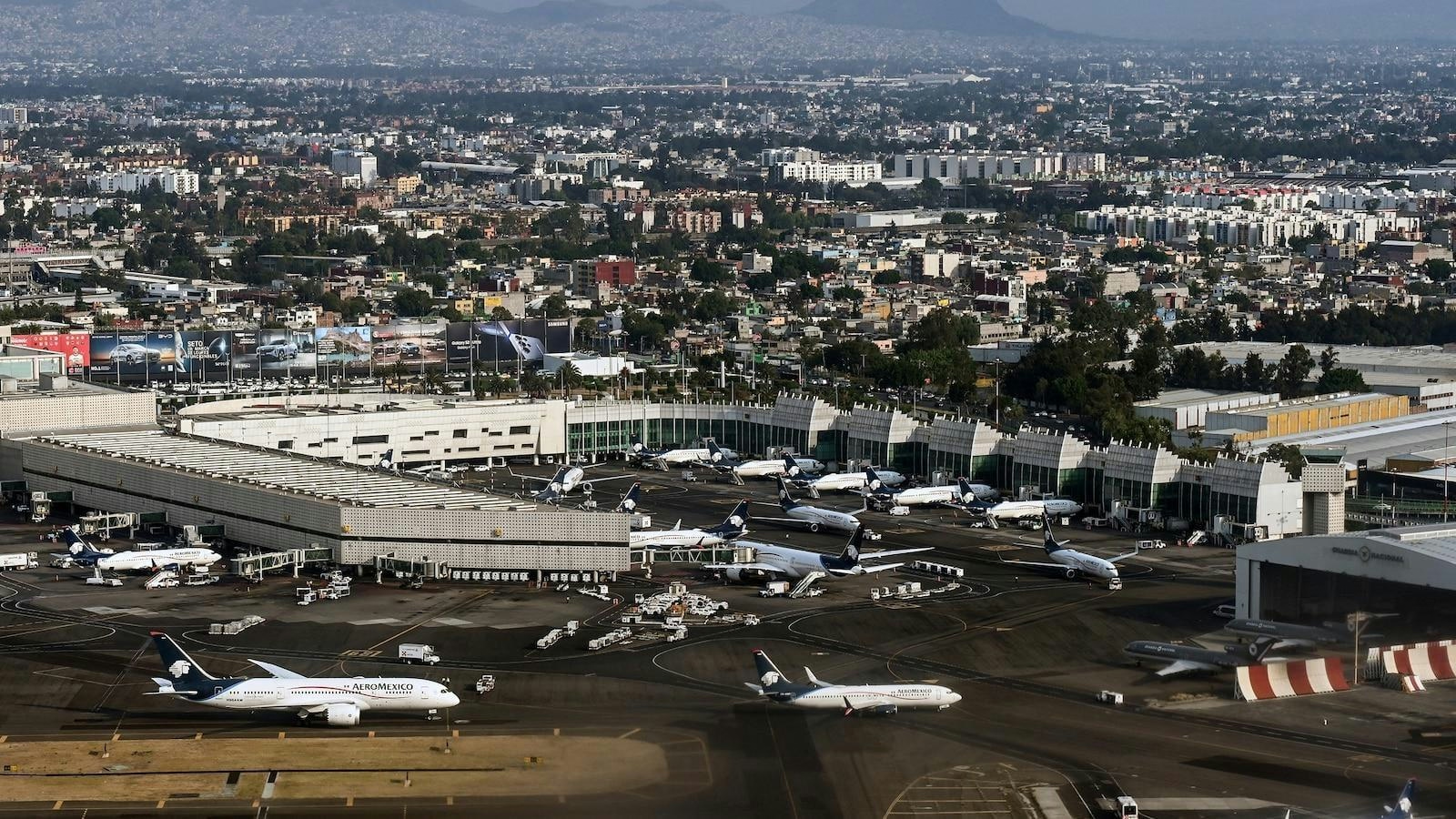
Mexico City International Airport to Return Slots to U.S. Airlines
United Airlines has informed the U.S. Department of Transportation (DOT) that Mexican authorities intend to restore previously reduced flight slots at Mexico City International Airport to several U.S. carriers. During a call on August 18, 2025, Mexican officials reportedly notified the International Air Transport Association (IATA), American Airlines, Delta Air Lines, and United Airlines that slots cut during the Winter 2022/2023 and Summer 2023 seasons will be reinstated. However, United did not disclose the exact number of slots each airline will receive or the timeline for their availability.
Background and Regulatory Context
The initial reduction in slots, which decreased hourly movements from 61 to 44, was implemented by Mexican authorities to alleviate congestion at the airport. Concurrently, all cargo operations were transferred to the newer Felipe Ángeles International Airport. This shift followed the cancellation of a planned new Mexico City airport project during the administration of former president Andrés Manuel López Obrador.
These measures have been a source of ongoing tension between U.S. and Mexican officials. U.S. authorities contend that Mexico’s actions contravene the 2015 U.S.-Mexico Air Transport Agreement. In response, the DOT has intensified regulatory scrutiny, including a July 2025 proposal to revoke antitrust immunity for the Delta-Aeroméxico joint venture and to impose stricter oversight on Mexican carriers operating within the U.S. market.
Implications for Airlines and Market Dynamics
The reinstatement of slots is poised to impact the competitive landscape significantly. While some U.S. airlines stand to benefit from increased access to Mexico City International Airport, others may face intensified competition from low-cost Mexican carriers aiming to expand their market share. This evolving environment could prompt airlines to revise their strategies, potentially resulting in fare adjustments or enhanced service offerings as carriers compete for passengers.
Regulatory challenges persist, particularly regarding the DOT’s ongoing examination of cross-border partnerships such as the Delta-Aeroméxico alliance. The complexity of these joint business agreements continues to shape the broader discourse on U.S.-Mexico aviation relations.
Market responses to the slot restoration are expected to be varied, as airlines assess both the opportunities and risks associated with expanded access. Additionally, the forthcoming 2026 FIFA World Cup, which Mexico will co-host, may influence negotiations and resource allocation, further affecting the airport’s operational framework in the near future.
Efforts to obtain comments from United Airlines, American Airlines, Delta Air Lines, and Mexico City International Airport authorities have been made by ch-aviation but remain pending.
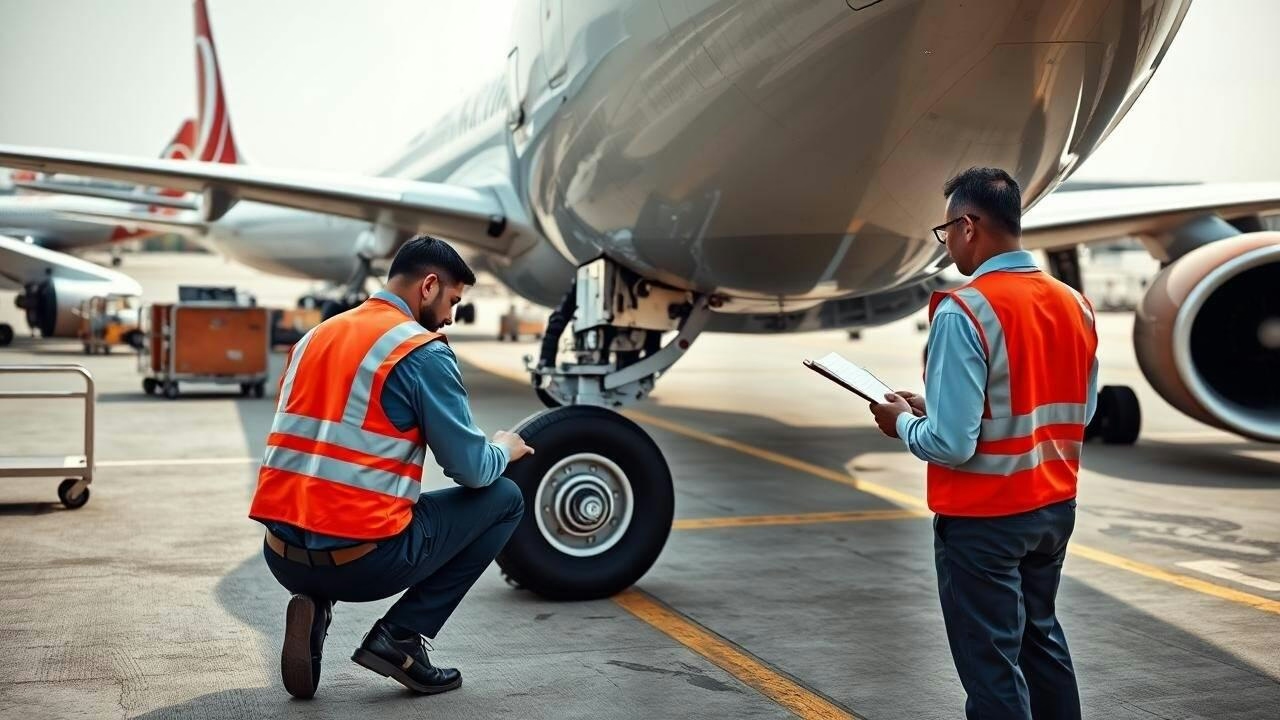
India and Turkey Strengthen Civil Aviation Ties with New Aircraft Leasing Agreements
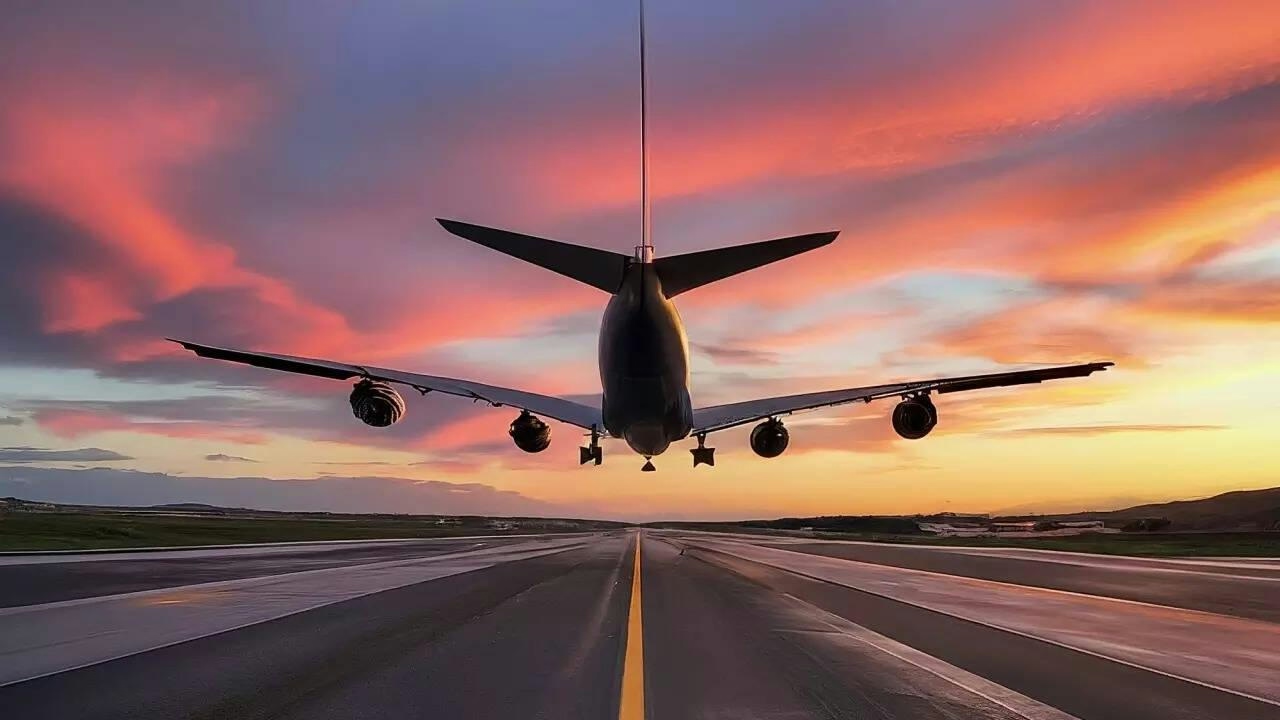
India Restores Aviation Links with Turkey, Extends Leasing Deal Amid Pakistan Airspace Ban
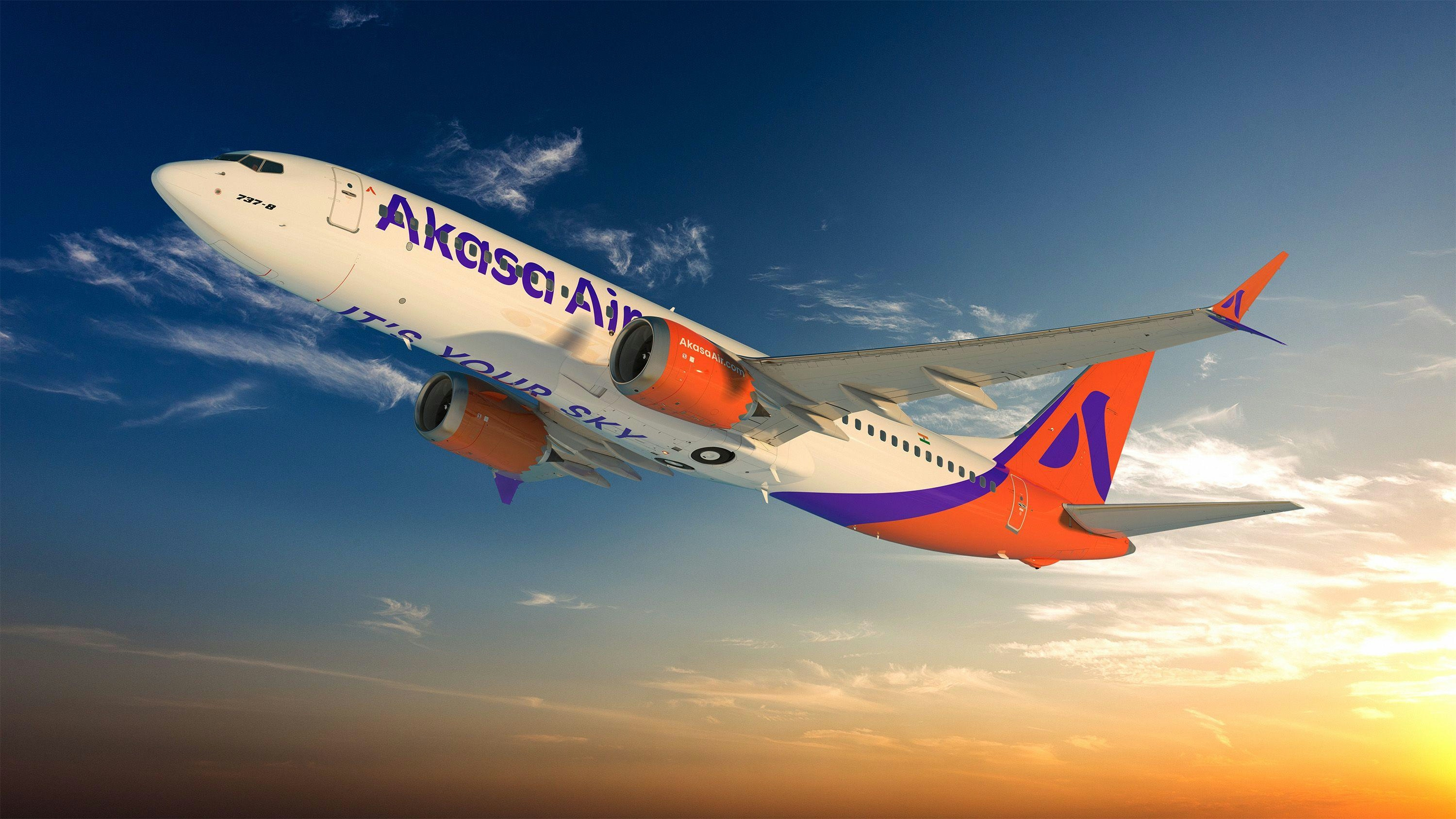
Akasa Air Plans to Expand Fleet to 40 Aircraft by FY26 Amid Boeing Supply Chain Improvements
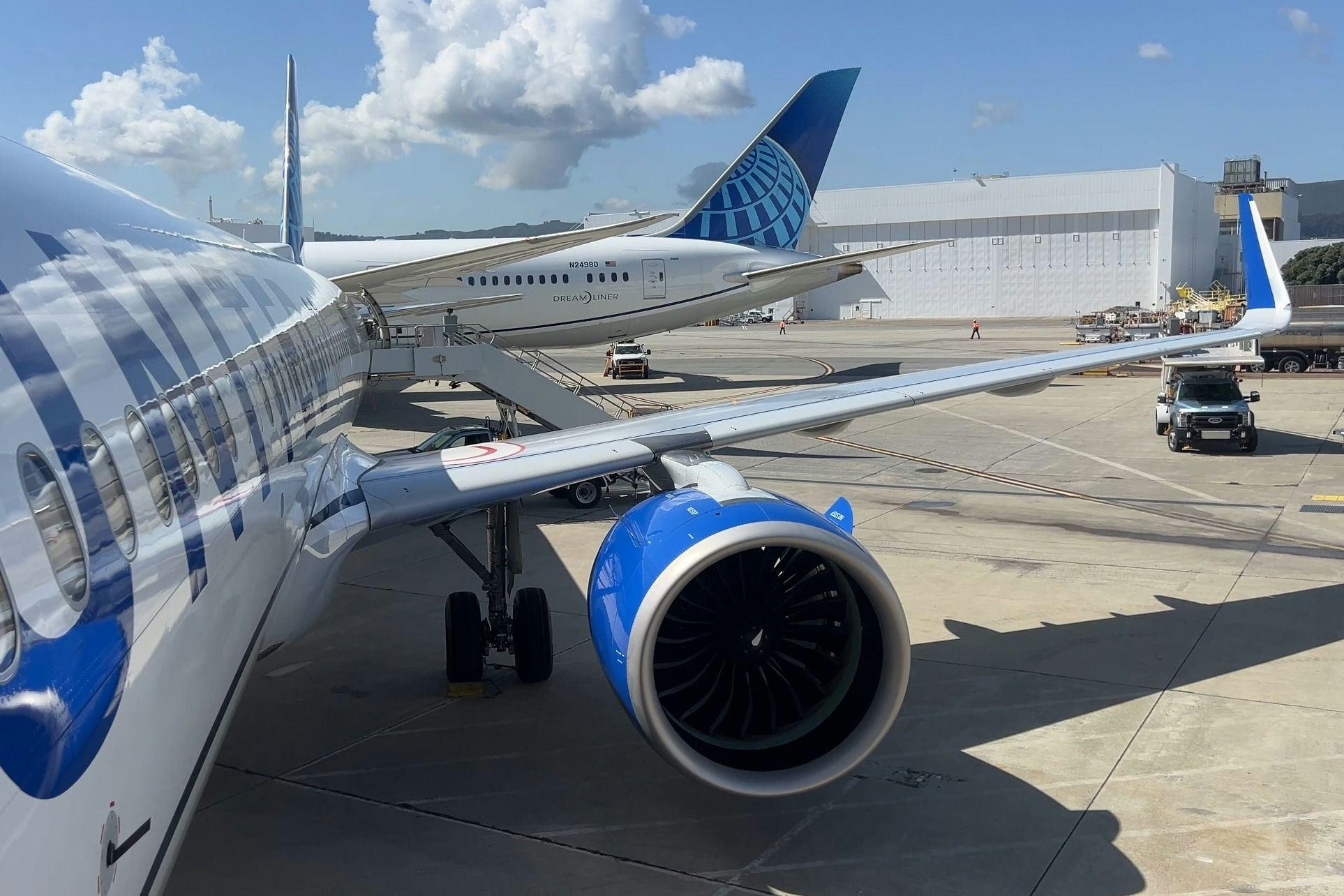
Which Narrowbody Aircraft Is United Airlines the Largest and Only U.S. Operator Of?

Joby Aviation Shares Fall 0.84% Amid Regulatory Delays and Partnership Changes
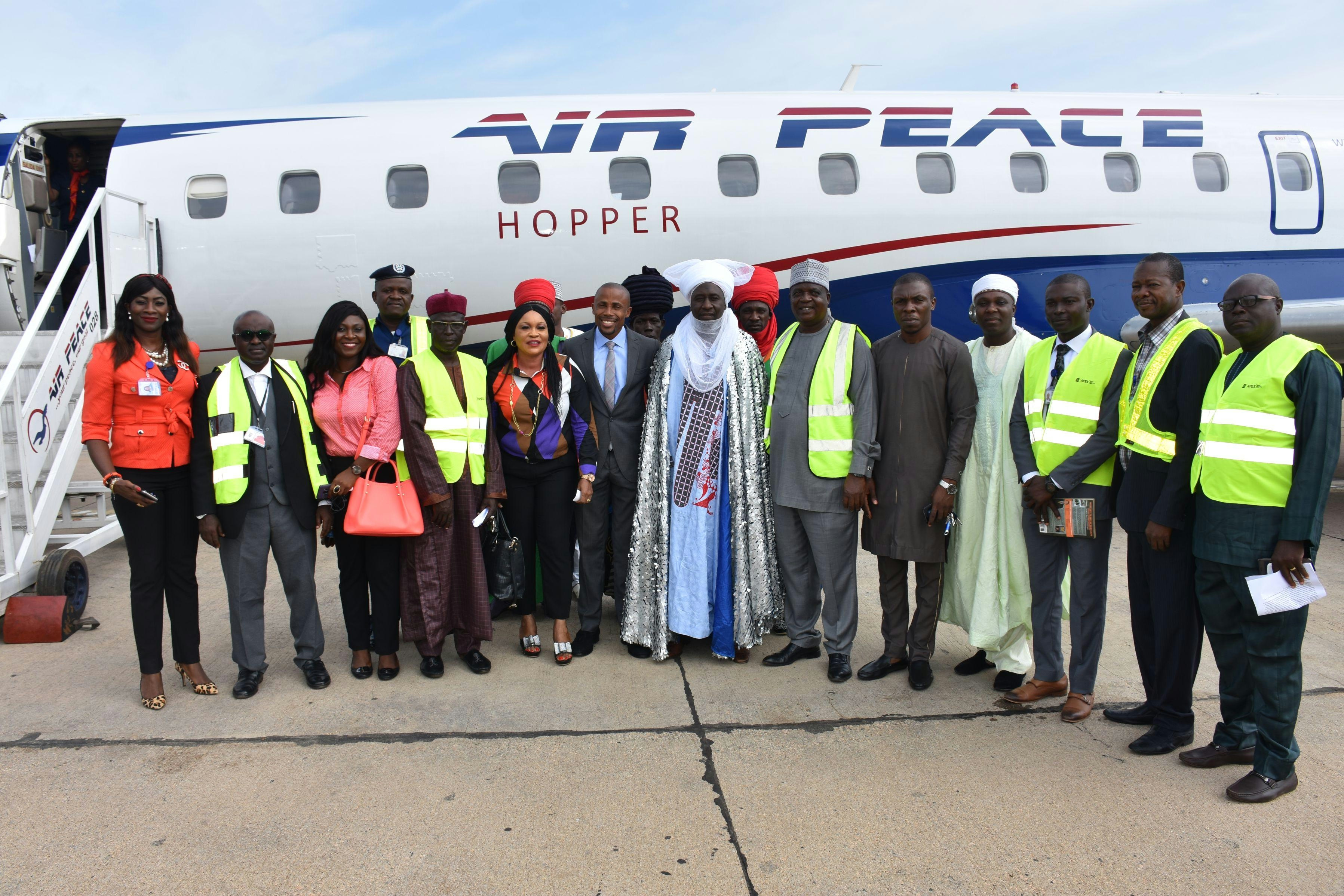
Air Peace Expands Lagos Hub to Enhance West Africa Travel
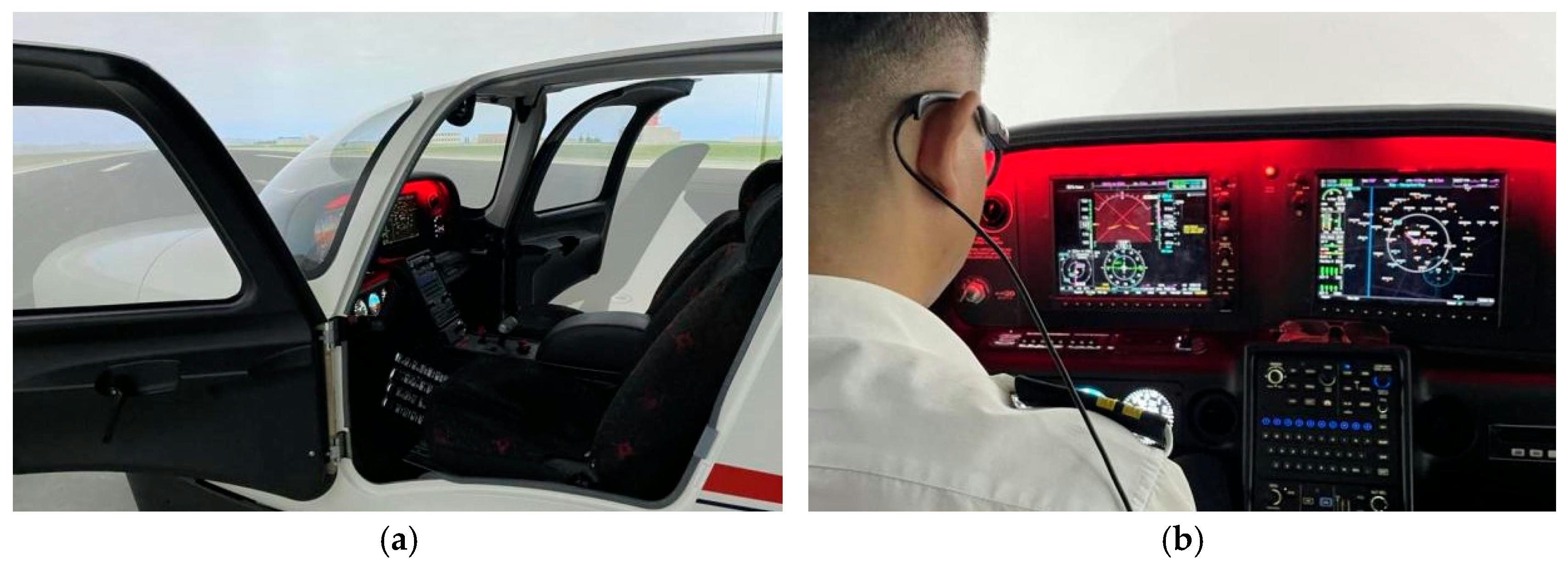
APC Introduces Project ORCA AI Tools for Pilot Training

Autonomy Proving Ground Conducts First Alternative Navigation Flight
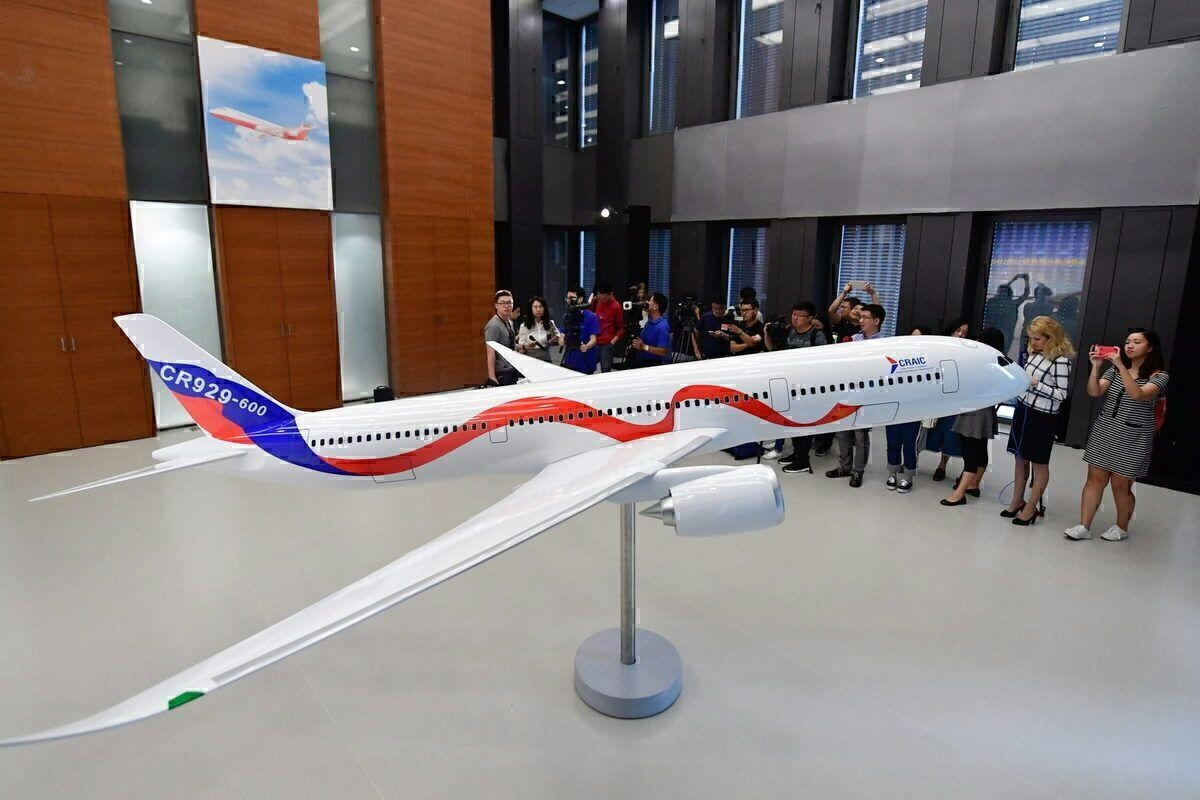
Can Russia’s new widebody aircraft rival Boeing’s Dreamliner?
